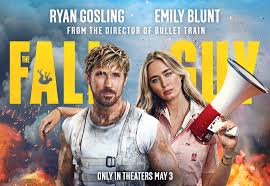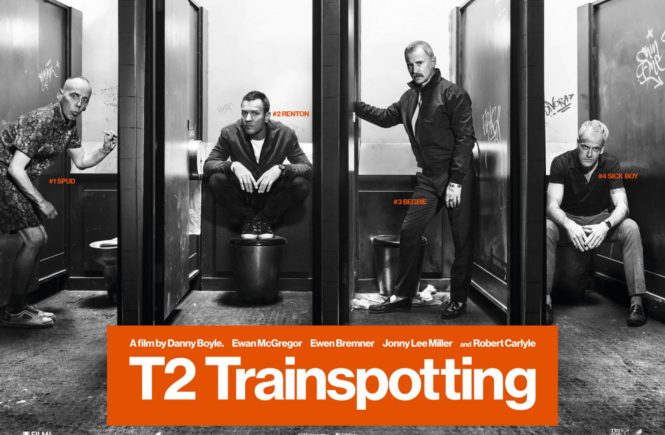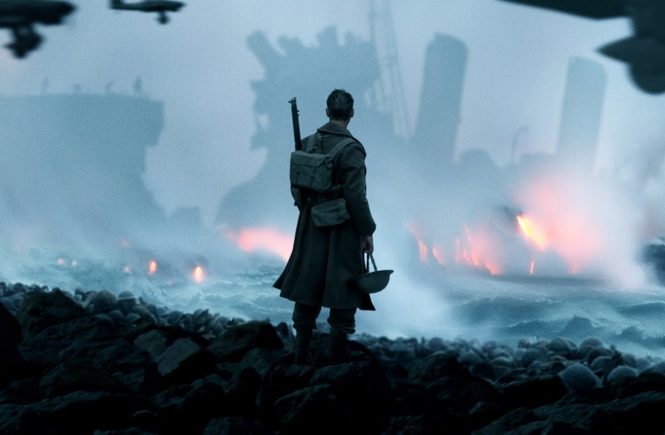Feel good stories always show the hero getting away. T2 Trainspotting shows our hero coming back. Why?! Whydya do it Rents? We’re screaming at the screen in our minds, you got away, you chose life, you had it made son! But T2 Trainspotting isn’t supposed to be a feel good story. It’s not even supposed to be a redemption story. It’s the story of you, it’s your bloody mates, it’s the fuck-ups passed that you dwell on every time you crack the scab off. As Sickboy (Johnny Lee Miller) so astutely chides our hero Renton (Ewan McGregor) – “You’re a tourist in your own youth Mark.” I think for anyone who has ever lived away and come ‘home’, this observation is bang on the money.
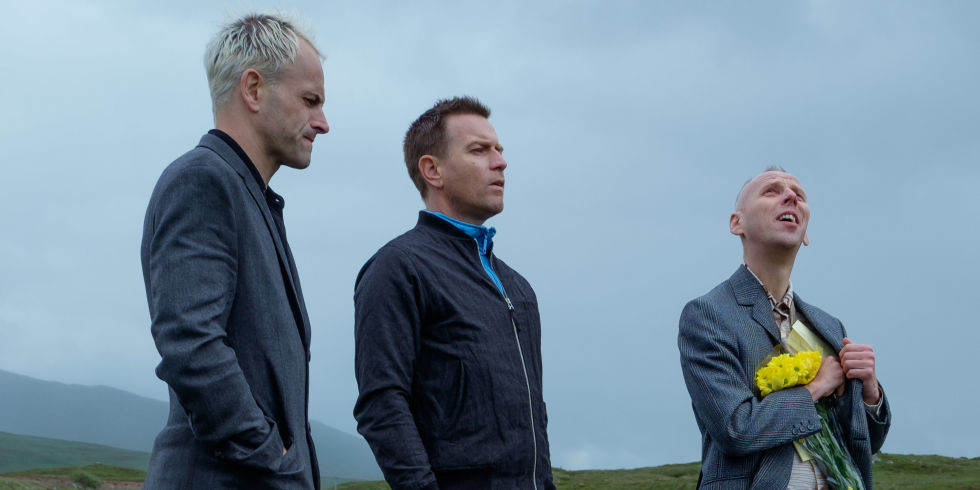
It’s human to overlay your past self onto the locations you used to haunt, dreamily projecting a grainy memory over it whether it’s an unremarkable street or apartment window and in T2 Trainspotting; this is done to melancholic effect, especially if Spud (Ewan Bremner) is involved in the scene. Spud is the ‘dim-witted-due-to-smack’ heart of this movie. Spud’s a man out of time and I love everything about him; he’s a great choice of character to give insight into the present state of affairs for the common man. It’s a less jarring look than say Ken Loach’s I, Daniel Blake (2016), but nonetheless effective in detailing the spiral of bureaucracy that the forgotten classes are propelled to descend. Another character used to show the cycle of the system is Begbie (the incomparable Robert Carlyle); who in T2 occupies the role of a pseudo Count of Monte Cristo, a wrong man wronged that’s two parts caged and wounded animal, one part panicked old man that doesn’t know what is next for him or how this world works twenty years on. To my delight, as soon as Ewan McGregor appeared onscreen in the ‘Renton Cut’, every other performance I’d seen McGregor in since 1996 melted away like skag in a spoon over a withering flame; ‘Our Mark’ was back.
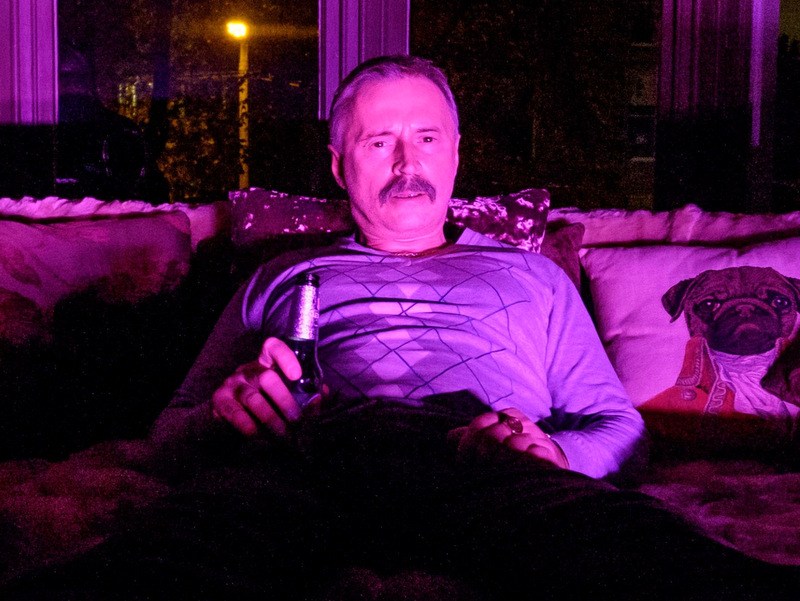
This consistent theme of looking back also threads through T2 in the form of straight up clips from Trainspotting (1996) inserted into the film, but without that cheesy sitcom clip-show quality that I feared might arise. It was poignant and useful for carrying the story forward and as such deserves its place. By the way, if you’ve greedily been lapping up any press or T2 trailers online, then what you see is not what you get. Plot wise you’re in for a meta treat that’s a heady concoction of author Irvine Welsh’s works (Porno and Trainspotting), perhaps some youthful reminiscences of Director Danny Boyle’s, the fondness with which each actor is inhabiting the character that gave them notoriety, an instant classic soundtrack and delicious, new surprises that await you. There are plenty of Trainspotting Easter eggs to discover too: trains, toilets, London’s Waterloo Bridge and the triumphant Choose Life speech albeit updated for a millennial age. For Irvine Welsh trainspotter’s you’ll pleased that he reprises his wee cameo in T2 as one of Begbie’s hard man connections – Mikey Forrester.
Technically proficient, Danny Boyle returns to tour around his own cinematic youth armed with a formidable resume, showing the aesthetics of modern auteur ship at work, colouring the vision with his palette yet not drowning out what this film could be on its own and allowing T2 to breathe into its own space. Perhaps increasing its grittiness on the original; T2 shows knowing juxtapositions of rugged countryside beauty sidled up next to scenes of Scottish gentrification, slum buildings, empty businesses and pockets of seedy life. Boyle tropes abound (yes that 127 Hours, Slumdog Millionaire, 28 Days Later, The Beach, Sunshine Danny Boyle…); such as dreamlike sequences, dabbling with Luis Buñuel styled surrealism, trick editing, ramping to show action speeding up or slowing down in the same shot, clever use of spatial awareness and characters during scenes, use of non-cinematic footage like CCTV, or Sickboy and Renton aping it up in a Snapchat styled filter displaying that – and I’m paraphrasing Begbie here, a doss cunt is a doss cunt it doesnae matter if it’s 1997 or 2017.

T2 Trainspotting ultimately suggests that sometimes, getting out is just to confirm that you were where you belonged in the first place…a depressing prospect isn’t it? That in swapping excess for excess, all roads lead to home. All I know is that T2 Trainspotting was an effective nostalgic burl for me, spending most of the running time with a misty film over my eyes, smiling in spite of myself and as soon as the last frame flickered before me, I wanted to watch it all over again immediately.
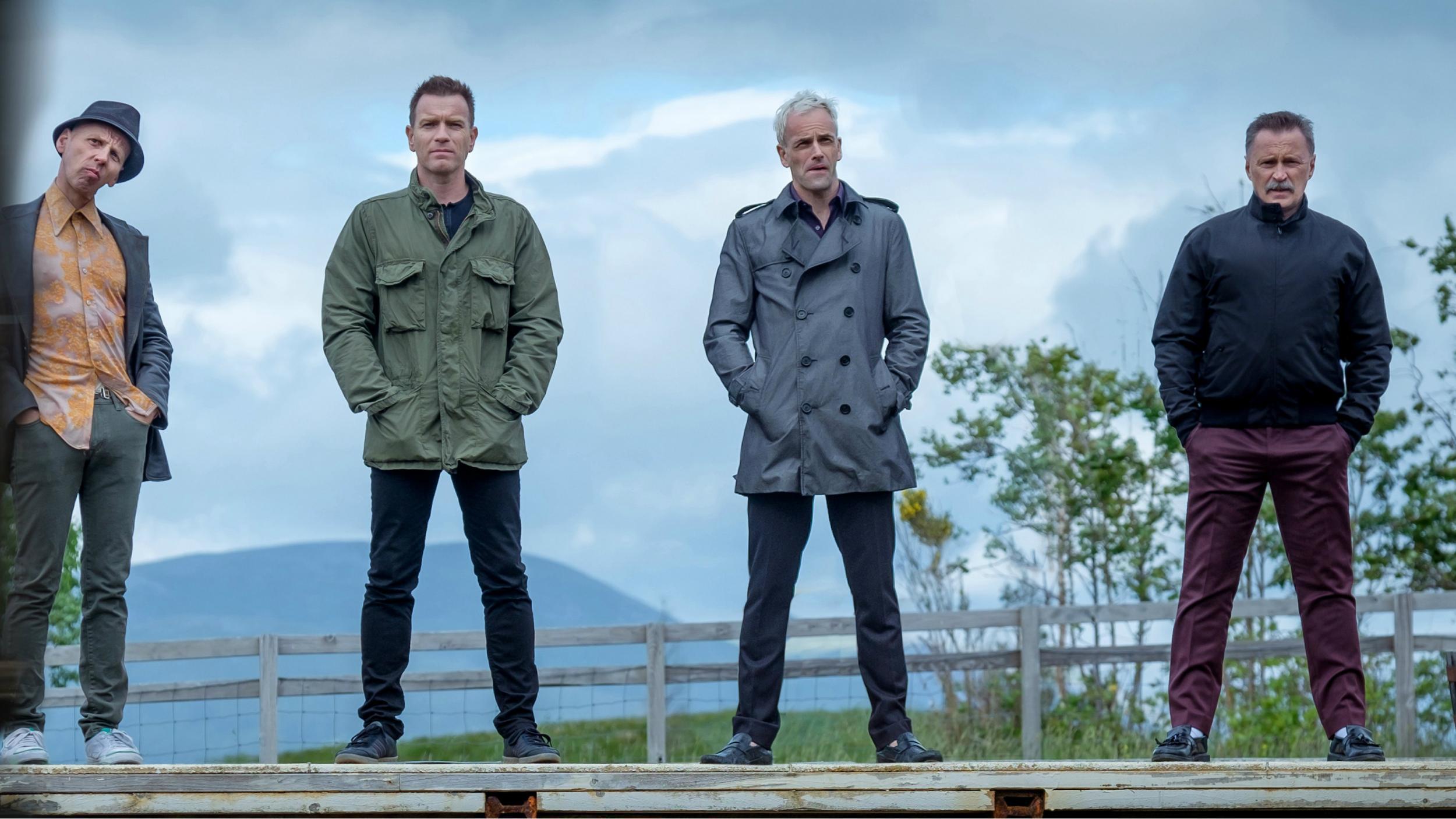
Are you a Trainspotting fan? A Danny Boyle fan perhaps? Tell me in the comments what you hope to get out of T2…

